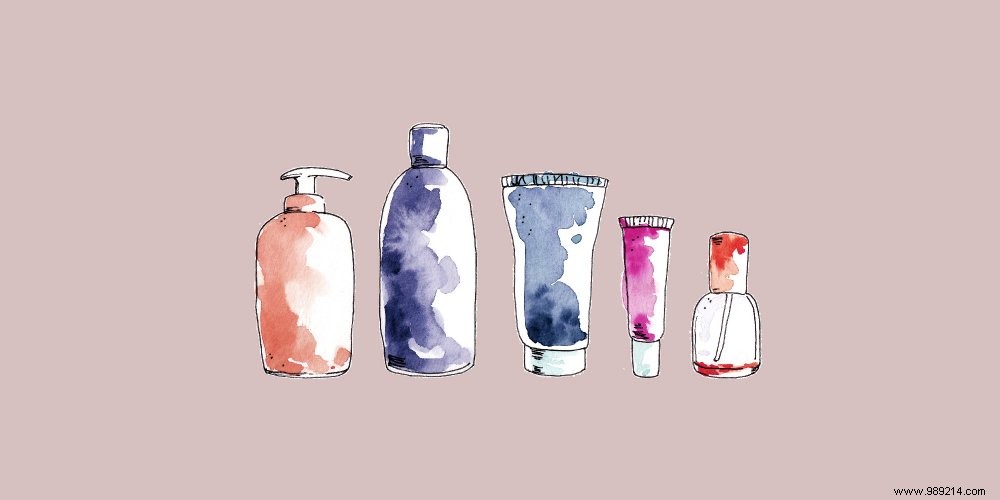 They get bad press:parabens, preservatives used in cosmetics, are often demonized. But what is it really? Xavier Fernandez, professor of cosmetology in Nice answered our questions.
They get bad press:parabens, preservatives used in cosmetics, are often demonized. But what is it really? Xavier Fernandez, professor of cosmetology in Nice answered our questions. Is the fear of parabens justified? Between the mentions without parabens, without preservatives, difficult, when you are not a chemist, to find your way around. This is why Xavier Fernandez, professor of cosmetology at the Institute of Chemistry of Nice helps us to see more clearly.
What are parabens and what are they used for?
Parahydroxybenzoates are a family of molecules with antifungal and antimicrobial properties. That is to say, they prevent the proliferation of molds, bacteria and yeasts. Parabens also exist naturally, in fruits, for example.
There are several:methyl paraben, ethyl paraben, propyl paraben and butyl paraben. What is the difference between them?
They are part of the same family, the main difference is that butyl is able to protect oils from bacteria. A multitude of micro-organisms is likely to develop in a cream, for example. So we work a lot with cocktails, to have the broadest spectrum of protection possible.
Should we be wary of them, and are they dangerous?
We cannot be sure. Until now, only acute toxicity has been assessed:that is to say a large quantity, at one time. The danger of daily and long-term use has not been evaluated. It is all the more complicated to determine, as the studies are difficult and long to conduct. There is therefore a gap between consumer questions and the answers that scientific research can provide.
Where are parabens found?
Video of the day:As soon as there was any doubt, they began to be replaced. Today, almost no product contains them, even if they are not prohibited. Paraben-free labels don't mean much anymore. There are still some traces due to the conservation of raw materials, and not of the finished product, or even in export products. In general, it is a sector that self-regulates and imposes restrictions that the legislation does not require of it. At the slightest doubt about a substance, it is no longer used.
Is a paraben-free product a guarantee of quality?
No, not necessarily. Some went back to using allergenic preservatives, which had themselves been replaced by parabens. Those used in organic cosmetics are particularly demanding. Finally, beware of so-called “preservative-free” products. It happens that a product is used as a preservative, but is not part of the official list of about fifty authorized substances.
And if we still want to avoid preservatives, as a precaution?
As soon as a cosmetic product contains water, a sine qua none condition for the development of life, preservatives are mandatory. If you want to avoid them, you have to turn to solid cosmetics. Soap bars, solid shampoos, solid toothpastes:they also have the advantage of producing less waste.
Read also: